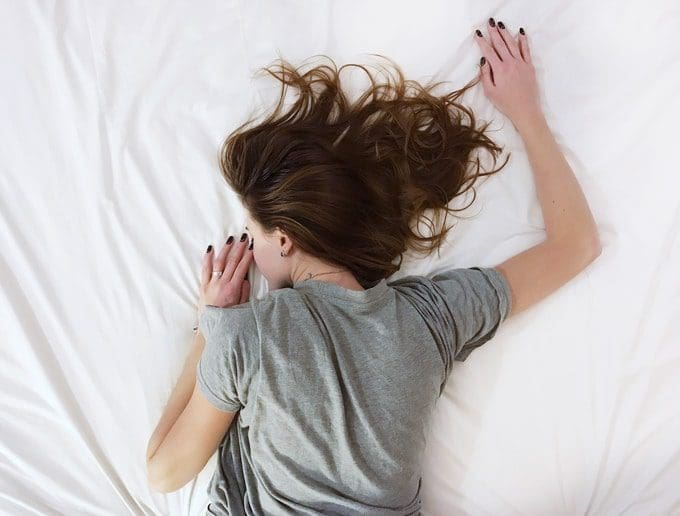It’s hard to overestimate the importance of sleep in our lives, but it becomes even more important for those who struggle with mental wellness. Insomnia can come with depression or anxiety, and it’s sometimes impossible to tell which came first. Either way, we know that trouble sleeping is a symptom of depression, and that people with anxiety almost always suffer from poor sleep as well.

Sleep deprivation can impair our ability to think clearly, leading to a lack of concentration and focus and even a danger when we get behind the wheel of a car. Productivity drops and irritability increases with lack of enough sleep. Weight gain is another significant side effect, when we are tired we make poor food choices.
What to do if you have sleep issues? Sleep “hygiene” is very important, as an example, try to go to bed and wake up at roughly the same time every day.
Watch your screen time and try to disconnect at least an hour before you’d like to go to sleep.
Avoid caffeine, alcohol and nicotine close to bedtime. Use exercise and meditation to help foster better sleep.
The bedroom is a refuge, it should be for intimacy and sleep, and that’s it, so make it a welcoming, enjoyable place to retire to. On that note, reduce light emission in the bedroom, and reducing noise levels will also make it a quiet, restful place.
While this can be a highly personal choice (some people like it chilly) regulating the temperature in one’s bedroom to a comfortable level, approximately 70 degrees, can help enhance one’s sleep, too.
If you find yourself exhausted all day while seemingly getting enough sleep, ask your partner, roommate or family member if you are snoring or even “snorting” – taking recovery breaths while asleep. If so, you may have sleep apnea, and you should talk to a doctor about this condition as soon as possible to prevent further health issues.
What about naps, you say? Well, short power naps can be beneficial to energy levels, but anything beyond 30 minutes can actually decrease one’s ability to get restful sleep at night.
Following some of these tips will help your sleep be more restful and recuperative. Sweet dreams!
Photo by Vladislav Muslakov on Unsplash
Vladislav Muslakov


Sleep and mental health are very important for us to have a healthy lifestyle.